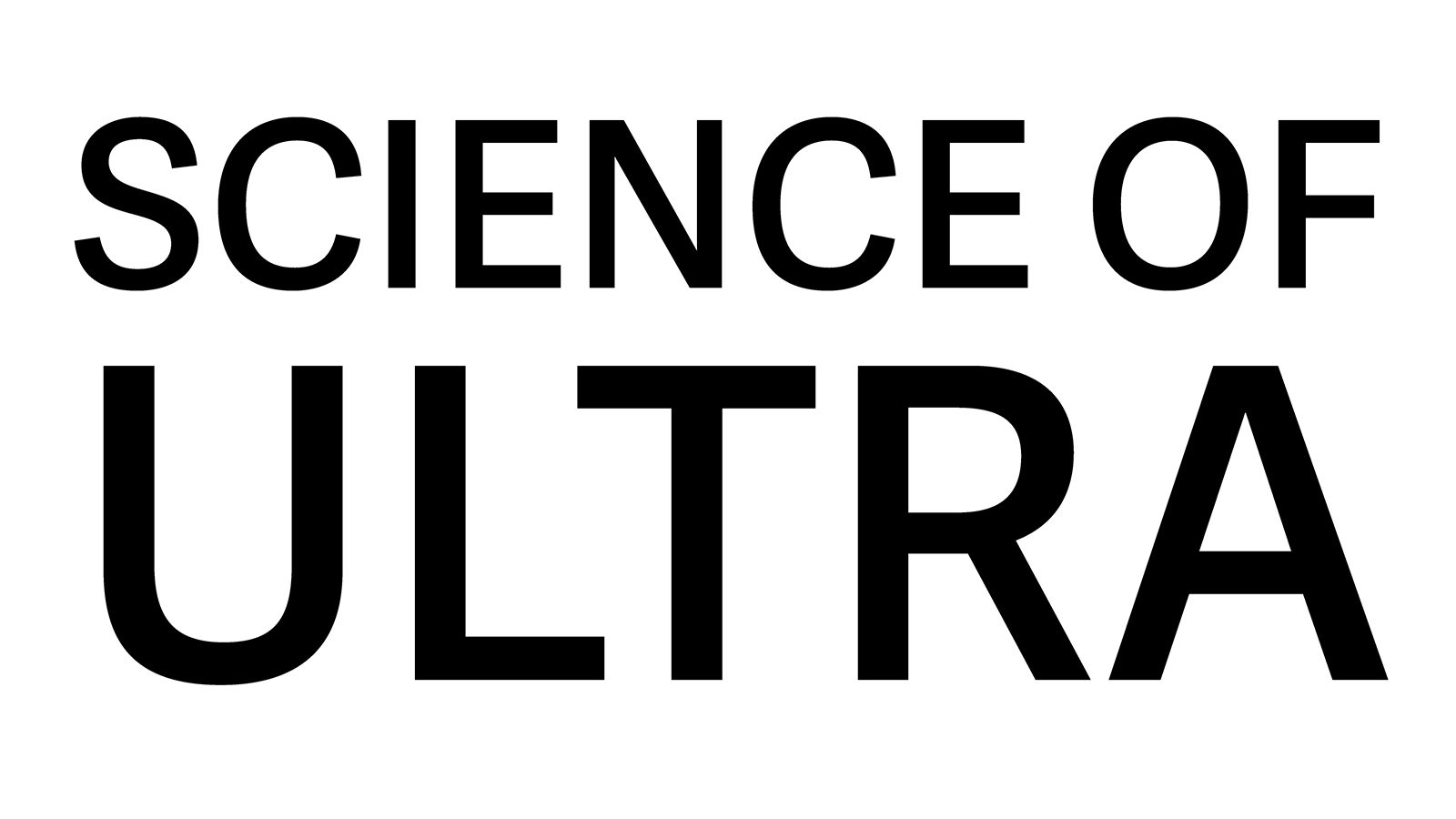Jason Koop part 2 of 2
Jason Koop is back. He joined me first in episode 3. Today he answers some very direct questions, like:
In our last episode with Jason, episode 3, he explained his overall approach to training as transitioning from the least race-specific workouts to the most race-specific. A listener might question then, what is the reason for training short interval high intensity far out from a race at all? How does THAT benefit the overall plan and training?
There are proponents of always training below LT, basically training at race pace or lower year 'round. What are Jason's thoughts on that and what are the physiological mistakes in that approach?
In the fall, many people are thinking about planning the following year. What should we consider as we question which races we sign up for, especially considering necessary recover time between races?
How does he monitor athletes for signs of over-fatigue on a short time frame and over the course of a season?
What is the physiological basis for doing recovery runs (rather than just taking the day off), and how should recovery runs be implemented in the course of a weekly plan?
How does Jason monitor for progress and improvements during a training plan and how does he know it’s time to move on to the next phase of training?
How long is the final phase (‘aerobic’) of training, optimally?
In that final phase, where we are most race specific, what would we expect to be a weekly volume (distance or time) relative to the goal race and how should that volume be distributed throughout a week?
Physiologically, why not divide the desired weekly volume evenly over 6 days, with one day off…what is the distinct benefit of more and less on different days in this final phase?
The big race is now a few weeks away. How do we balance loss of preparedness from tapering with race readiness - what is an effective tapering strategy for shorter ultras like 50k to longer events, like 100 miler?
Plus, Jason answers twohigh impact questions…are you ready?
What are the 2 most common mistakes that you see in athletes prior training when they first hire you?
What are the 3-4 key action items that we can put into practice right away to improve our training?
